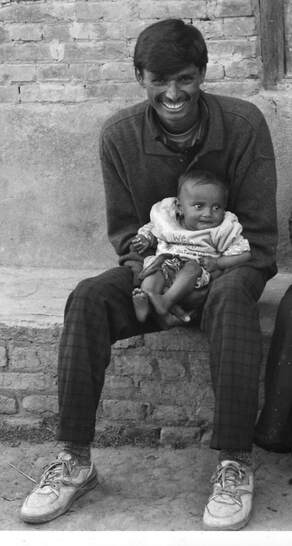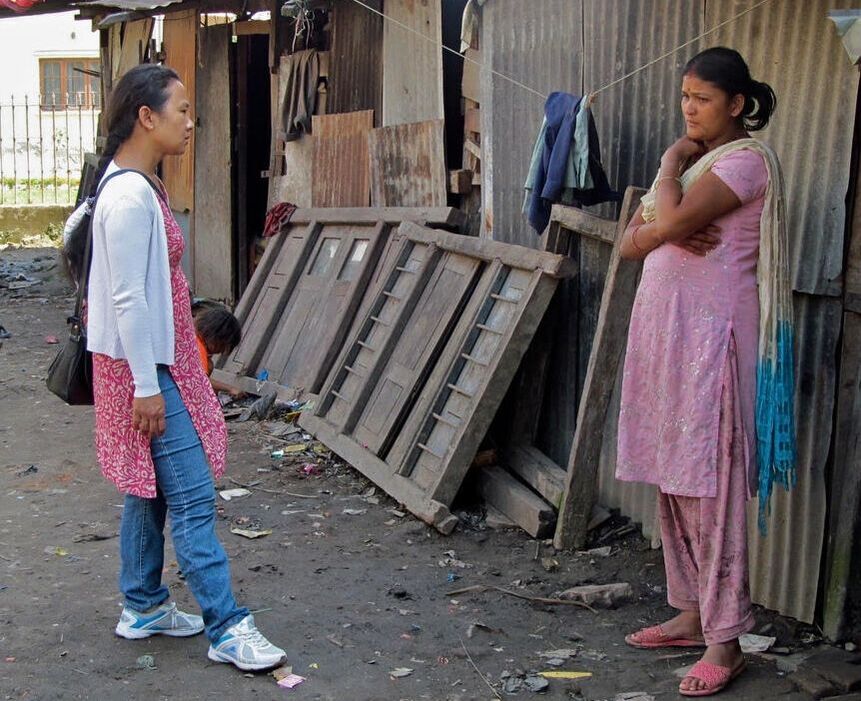HIO'S HISTORY
|
EARLY YEARS
HIO was established in 1985 as an educational sponsorship program for boys and girls in Nepal, primarily serving students attending boarding schools. In 1990, the organization nearly collapsed. With the help of a new board of directors, it was re-founded by Ricky Bernstein, who assumed the role of Executive Director, a position he still holds today. In 1995, HIO began focusing its resources exclusively on girls. In Nepal’s patriarchal society, girls’ education is the most undervalued. Throughout the 1990’s, HIO partnered with schools in various geographic locations in Nepal. With a grant from the Ross Foundation, a women’s literacy program was established in a village outside of Nepalgunj near India’s border. By the early 2000’s, the difficulties of sustaining educational programs in remote locations became clear. Many other NGOs focused on Nepal’s rural communities. HIO strategically shifted to working only with families living in Kathmandu’s inner-city. The poverty there is concentrated and profound. Girls and women are particularly marginalized. In its early years, Ram Adhikari, a young Nepali man whose education had been sponsored by HIO, took on a leadership role for the organization. He helped develop long-term, heartfelt connections between HIO girls and their sponsors and nurtured strong working relationships with HIO’s partner schools. From 1998-2003, Ram was assisted by Tsering Yankey, who moved to Canada with her husband in 2003. Tsering was replaced by Palmo Tamang, whose experience as a social worker added depth to the organization’s capacity to sustain a family-centric approach to education. Palmo and Ram continue as HIO’s Nepal co-directors. They work closely with the U.S. team to implement all aspects of programming. By 2005, HIO transitioned from working with students in boarding schools to primarily serving girls attending day schools in the Kathmandu Valley. Boarding school was, and still is, considered as a last option for girls who experience extremely unstable home lives. With students in day schools, HIO staff began conducting more frequent home visits, gaining access to girls’ family stories and a greater understanding of their needs. As HIO’s social work increased, the organization’s impact became even more relevant. With support from the Australia-based Adara Group, HIO offered a range of social services to sponsored girls’ families, including basic medical and dental care and emergency relief. In 2008, HIO became a registered NGO. |
How You Can Help
HIO's supporters make a profound impact on the lives of poor girls and their families. Sponsoring a girl, an HIO preschool, or one of our women's education programs gives these vulnerable people a chance. HIO girls and their mothers are poor not because they lack intelligence or initiative. They simply need access to the resources and opportunities education affords.
|


